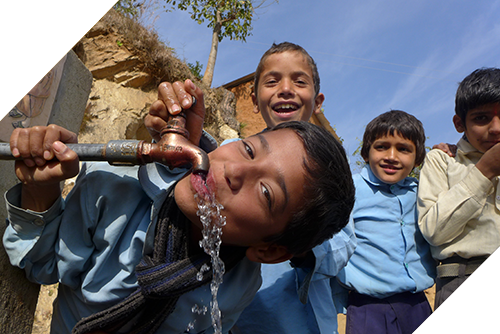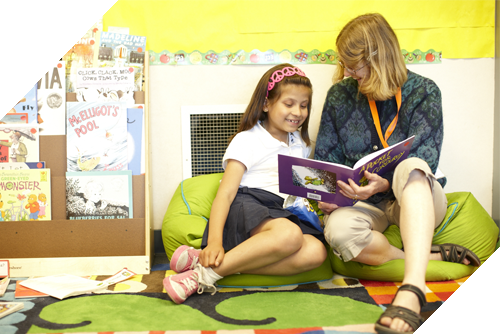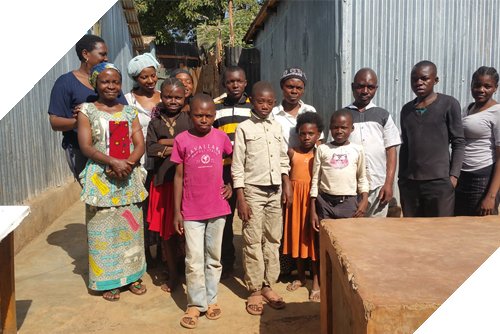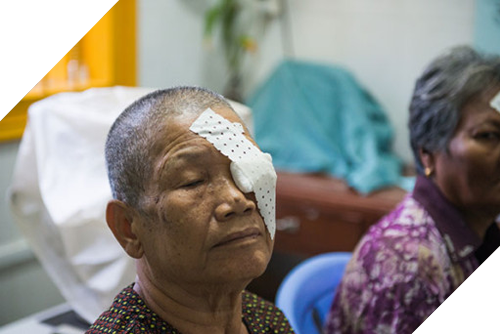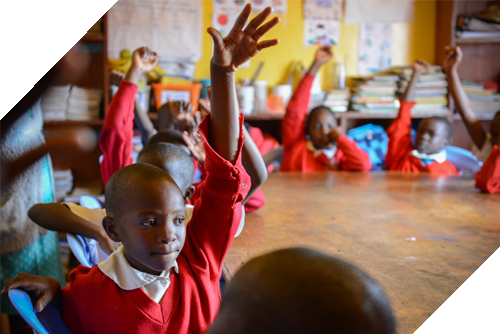Training and deploying college students to teach a comprehensive health curriculum in public schools lacking other health education
Headquarters
70 Gold Street
San Francisco, CA 94133
Countries Served
United States
Budget
$8,000,000
Choose your preferred method of giving:
Problem
Teen pregnancy, untreated mental health challenges, experimental drug use and other risky behavior remains exceptionally high among American teens. One antidote to risky behavior had been health education curriculum in high schools. Unfortunately, these programs are being cut in public high schools through the United States, particularly at low-income schools. The CDC reports that:
1 in 3 teens are sexually-active, and of those teens, 40% did not use a condom the last time they had sex, increasing their risk for unplanned pregnancy and sexually-transmitted infections.
1 in 5 teens is a binge drinker, increasing the risk that he or she will abuse other drugs, have unsafe sex, or become the victim or the perpetrator of a crime.
1 in 6 teens has seriously considered suicide.
Programs Offered
Peer Health Exchange (PHE) recruits, trains and deploys college students to teach a skills-based health curriculum to freshmen in under-resourced high schools. PHE partners with public high schools that lack health education and in which the majority of the students live at or below the poverty line. These students are less likely to have quality health education and more likely to experience negative consequences associated with risky choices.
The high school students learn basic, accurate health information; develop skills to make healthy decisions and deal with peer pressures, and learn how to use the health resources in their communities. PHE volunteers help high school students develop the skills of communication, decision making, reflection, advocacy, and accessing resources. PHE’s evaluation has shown that their program has statistically significant impact in improving knowledge, skills, and attitudes around mental health and sexual health and improve students’ help seeking behavior. By applying the skills they learn in PHE workshops outside of the classroom, PHE high school students can make informed decisions that will help them stay and excel in school, join and remain part of the workforce, and become healthy adults capable of producing healthy families.
As slightly older peers, the college-age volunteers deliver health information to teenagers in a language and context that is relevant and credible. Several studies demonstrate that teenagers better absorb health information when it is delivered by educators of a similar age as opposed to adult educators:
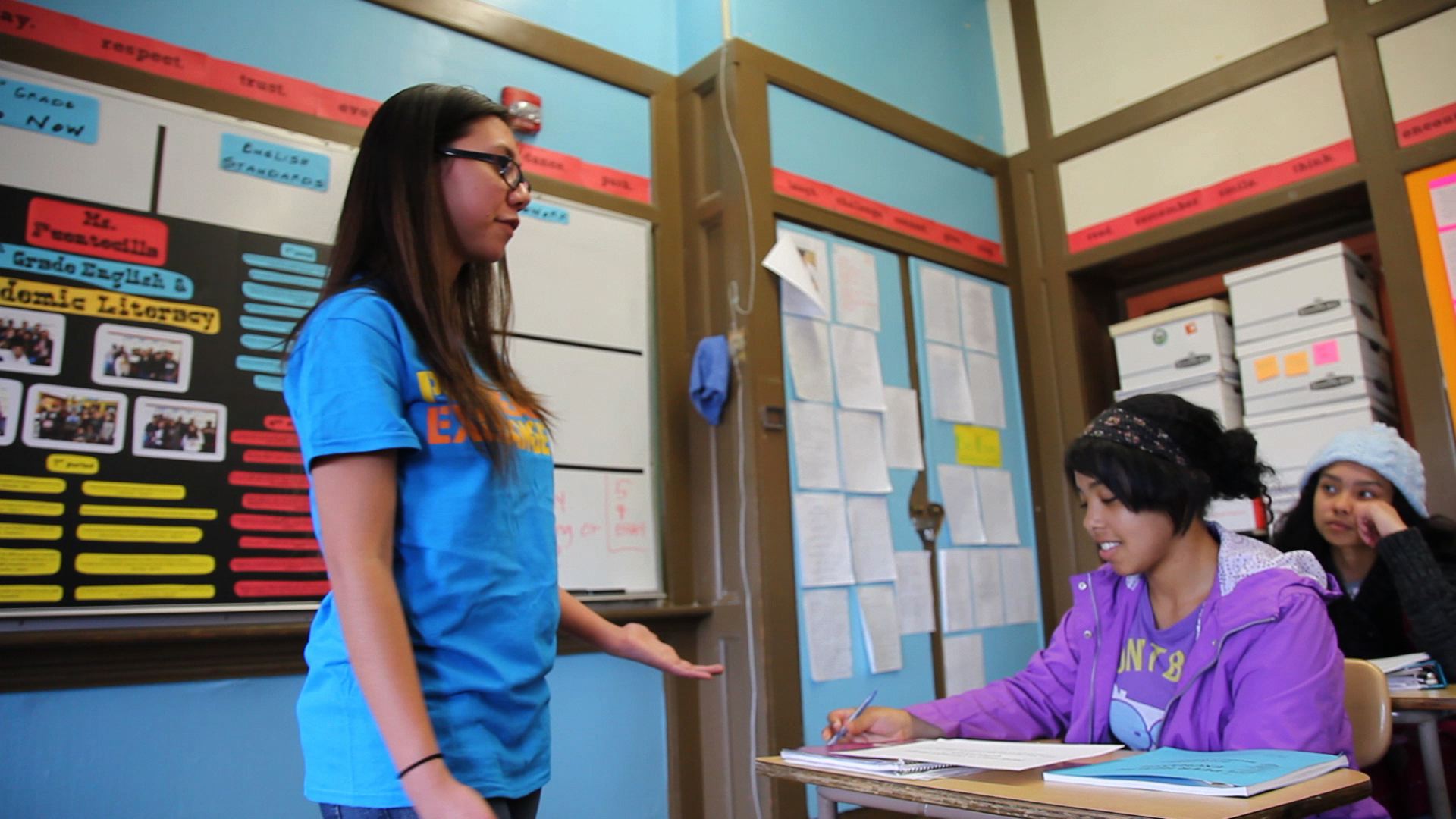
74% of PHE high school students said that having college students lead PHE workshops helped them learn about the health topics. Each class session is conducted by a team of two trained college students.
For many PHE volunteers, their experience in the classroom induces them to make a commitment to public service through their school work, jobs, volunteer work, or philanthropy. 90% of past PHE volunteers said that their experience with PHE affected their career, academic or volunteer plans. Many of these volunteers will go on to be teachers, doctors, public interest lawyers, and policymakers who will continue to serve their communities throughout their lives.
In 2017-2018, PHE will reach 17,100 young people in Boston, Chicago, Los Angeles, New York City, and the San Francisco Bay Area.
Historical Results
Since its founding in 2003, Peer Health Exchange has trained over 10,000 college student volunteers and delivered effective health education to more than 132,000 public high school students.
In 2016, PHE reached 15,100 teens in Boston, Chicago, Los Angeles, New York City, and the San Francisco Bay Area.
- 82% of PHE high school students increased their health skills, and 79% of students plan to use the information they learned from PHE.
- 97% of high school principals who participated in the program said they would recommend the program to other schools.
- PHE high school students made statistically significant increases in their health knowledge, with a 38% growth from Pre-Test to Post-Test.
- 93% of PHE volunteers said they would recommend PHE to other college students.
Use Of Funds
- $250 funds one additional student served
- $5,000 funds an additional classroom of students served
- $25,000 funds an additional high school served
Path To Credibility
Focusing Philanthropy team members have met with the co-founder and CEO of Peer Health Exchange many times, as well as conducting regular, extended phone interviews. These discussions probed the nature and magnitude of the problem being addressed the distinctive attributes of the PHE model the impact of the program current and prospective performance measurement experiments being undertaken to test variations on the PHE model organizational development and the allocation of functions between the national headquarters and local offices financing issues, considering the inevitable tension between current operating requirements and investments in future growth systems and controls now and prospectively.
These exchanges were very confidence-inspiring, reflecting plausible strategies, a serious commitment to continuous improvement, and clarity of goals and metrics against which to measure performance.
Focusing Philanthropy has attended several classroom training sessions of different training modules at different high schools, observing program approach, student receptivity and volunteer instructor capabilities. As part of these visits, we interacted with students, instructors, school personnel, and PHE supervisors.
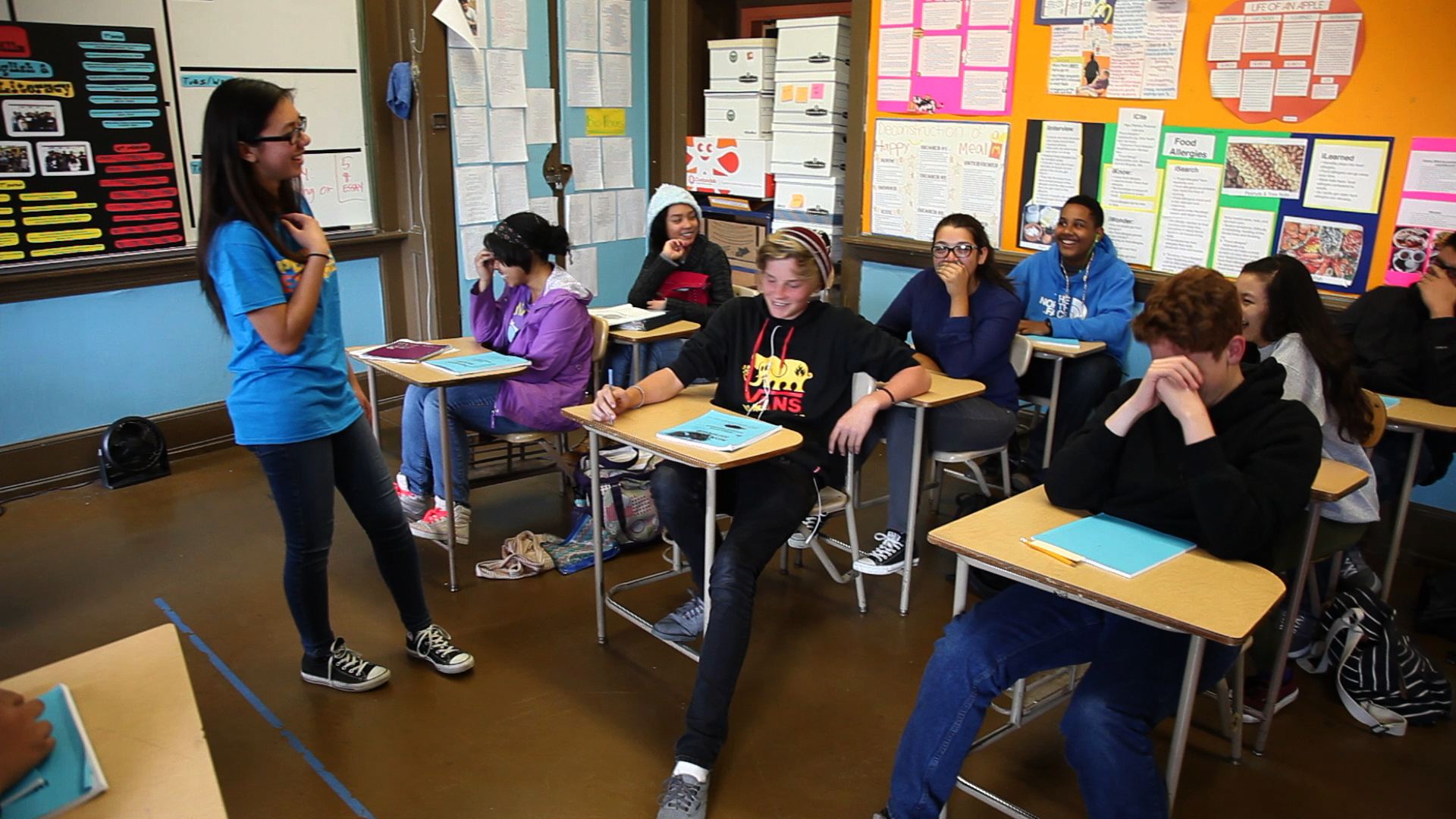
In the past year, FP team members have visited three workshops in Los Angeles and New York focused on sexual and mental health. Additionally, FP has visited the college volunteer training session at Cal State Dominguez Hills. We observed a rigorous and thorough workshop being taught to volunteers who were genuinely engaged and interested in educating teenagers.
Last year, Focusing Philanthropy funded PHE’s next phase of growth in Los Angeles, helping PHE deepen their impact in South Los Angeles by adding three new schools to reach 500 more students in LA.
Peer Health Exchange co-founder and CEO, Louise Davis Langheier, is an Ashoka Fellow.
This is a highly competitive honor awarded to a small number of leaders of smaller non-profit organizations each year worldwide. The fact of being so named, and the resulting support from the Ashoka organization and other fellows, is a positive indicator about institutional and leadership strength. Several of the organizations Focusing Philanthropy showcases are led by Ashoka Fellows.
Peer Health Exchange has received support from the Annenberg Foundation, Carnegie Corporation of New York and the Ford Foundation, among other prominent public and private funders.
The Founders of Focusing Philanthropy are donors to Peer Health Exchange personally.
More Program Partners
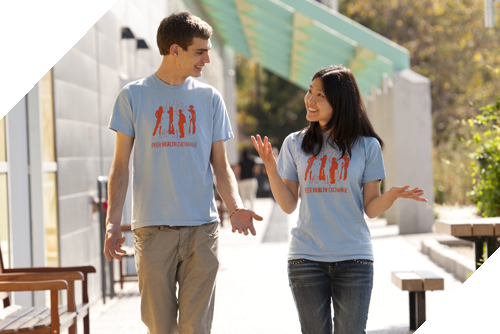
Empowering young people with the knowledge, skills, and resources to make healthy decisions.
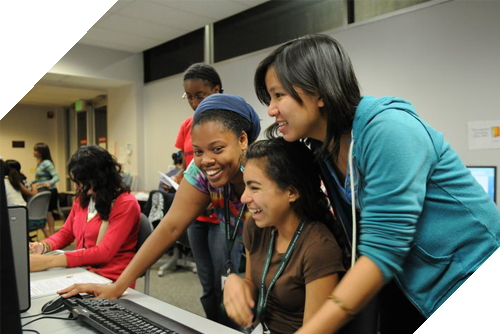
Preparing young women with limited resources to be the first in their families to attend college.
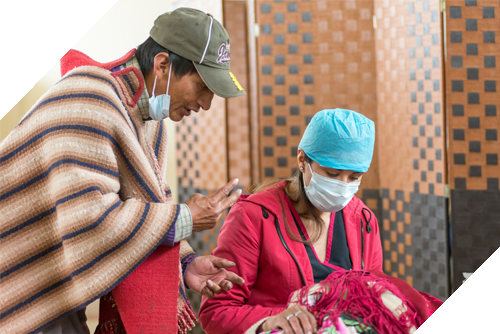
Expanding access to consistent, quality healthcare to patients in underserved communities.
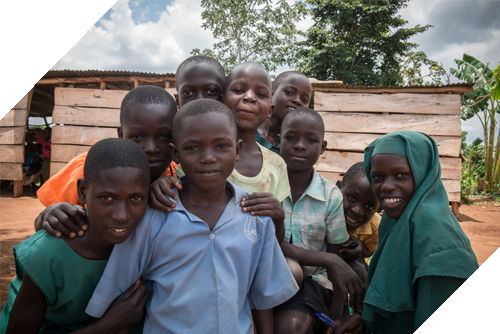
Helping hard-working subsistence farm families gain food security and economic opportunity.




